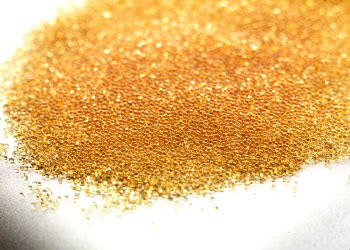Ion Exchange Resins Market Research Report: Industry Rising Trends, Growth Analysis and Demands 2023 to 2030

The ion exchange resins market is a rapidly growing industry that offers solutions for water treatment, purification, and various industrial applications. Here is comprehensive information about the ion exchange resins market: Market Overview: The ion exchange resins market has witnessed significant growth in recent years and is expected to continue growing in the future. The market is driven by factors such as increasing water pollution, stringent environmental regulations, growing industrialization, and the need for clean water in various applications. Ion exchange resins are solid materials that can selectively exchange ions with surrounding solutions, making them essential for water treatment and industrial processes. Market Segmentation: The ion exchange resins market can be segmented based on resin type, application, and end-use industry. By Resin Type: a. Cation Exchange Resins: These resins selectively exchange positively charged ions, such as calcium, magnesium, and sod...


